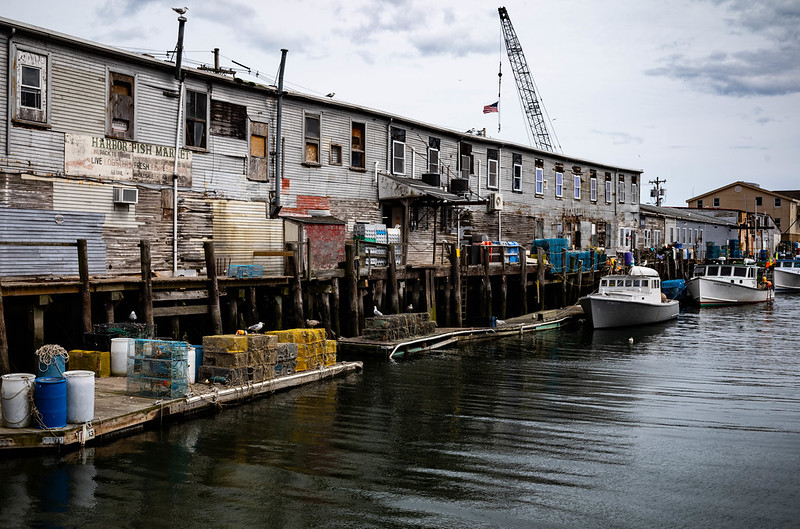Rachel’s 2Q 2024 Journal Round Up
Ceccacci, A., Lopes, A. F., Mulazzani, L., & Malorgio, G. (2024, April 11). Recreation in coastal environments: Estimating the non-market value of fishing harbors. Ecological Economics. https://www.sciencedirect.com/science/article/pii/S0921800924000946?via%3Dihub

This article looks to quantify the positive externalities around small scale fisheries (SSF). Specifically, the article focuses on the recreational value of harbors by analyzing whether small-scale vessels represent an attractive amenity for individuals engaging in outdoor recreation. To accomplish this, datasets with wide EU coverage were matched with information on individuals’ number of visits to coastal environments with fishing harbors near the local destination. Research on this topic has been rather limited, and this study represents one of the first papers on the topic.
The results suggest that both small scale fisheries and their fleets provide value to the local area. Ultimately, the study finds that each vessel has an average value of $0.054 per visit. That may sound small, but when all the visitors to an area are added together, the benefit can be rather significant. The study also found that the presence of local harbors and fleets attracts local visitors. Furthermore, it was found that without the presence of SSFs, Sweden would suffer a $53.59 million economic loss, while Spain and Greece would suffer $205.46 million and $4.23 billion respectively. In terms of policy, this could justify providing additional support to local fishing industries to help foster their positive economic externalities. If you are interested in this topic, check out the link for more information and detail on the study.
Sims, K. R. E. (2023, June 5). Towards Equity in Land Protection: Agricultural and Resource Economics Review. Cambridge Core. https://www.cambridge.org/core/journals/agricultural-and-resource-economics-review/article/towards-equity-in-land-protection/6445DABDC880C903884CE2A00EAC5819
Land protection is a valuable tool for ecosystem sustainability. As concern for the environment grows, land trusts and land conservation has been a common solution promoted to address these problems. However, there have been concerns regarding the effect of land conservation on equity. This article, by Kathleen Sims, reviews three key concerns about how land protection policies may impact equity and assesses evidence for each, utilizing global literature as well as examples from the United States. The article examines pathways forward to potentially improve the equity of land protection policies.
The three main issues outlined are as followed: lost local economic development or increased local poverty due to the costs of land protection, economic development opportunities that differentially reinforce existing inequalities of capital, skill, or social hierarchies, and patterns of access to the benefits of protected land that reflect and reinforce broader social disparities.
The article goes into significant detail about the presence of and need to address each issue. For example, regarding lost economic development, Sims advocates for more research into investigating systemic predictors of local benefits stemming from land protection. Furthermore, Sims believes that equity considerations should be given more weight in the broader conversation.
More broadly, the article describes the need for more research into how equity can be balanced against legitimate environmental concerns. If you are interested in learning more, check out the link for the full report.